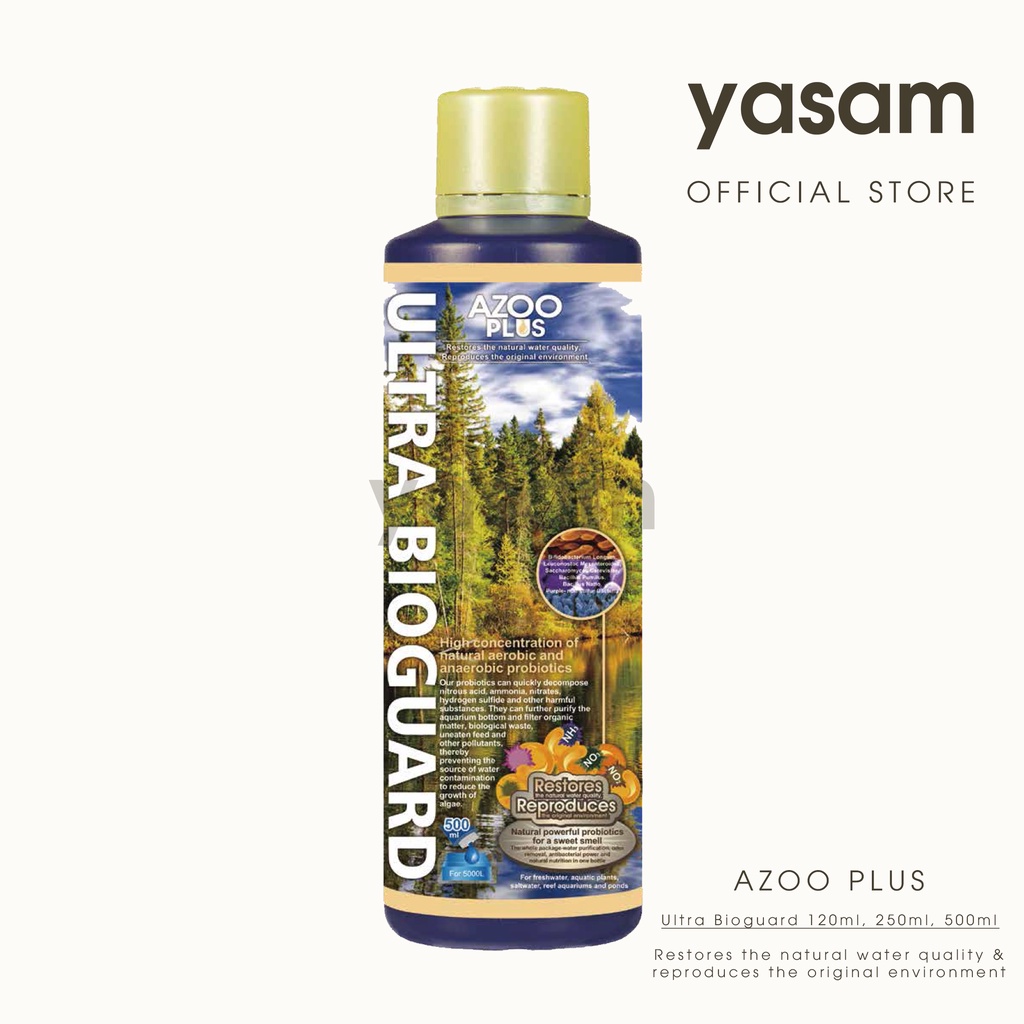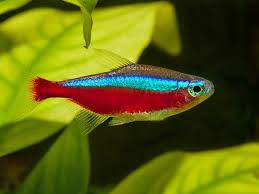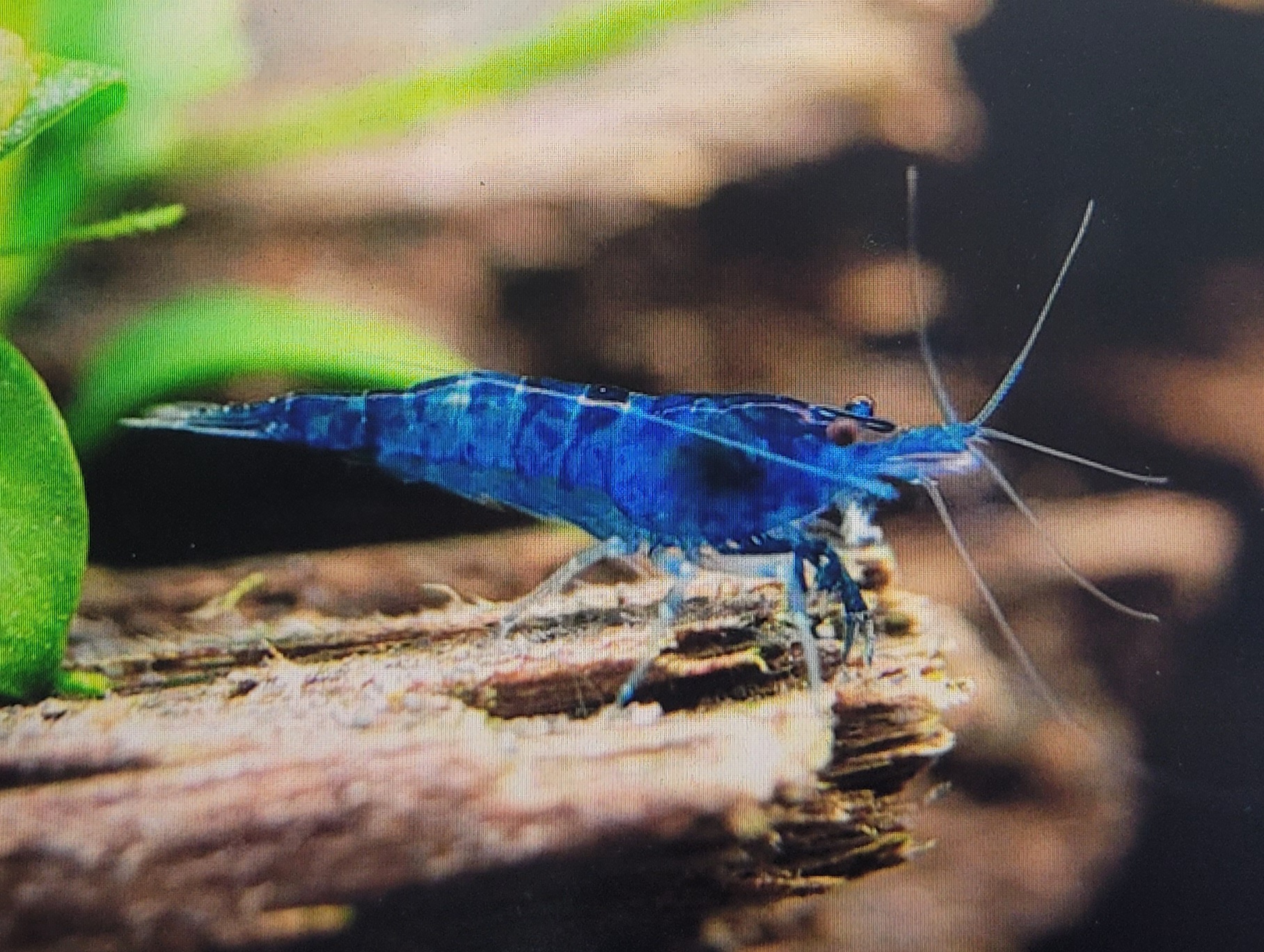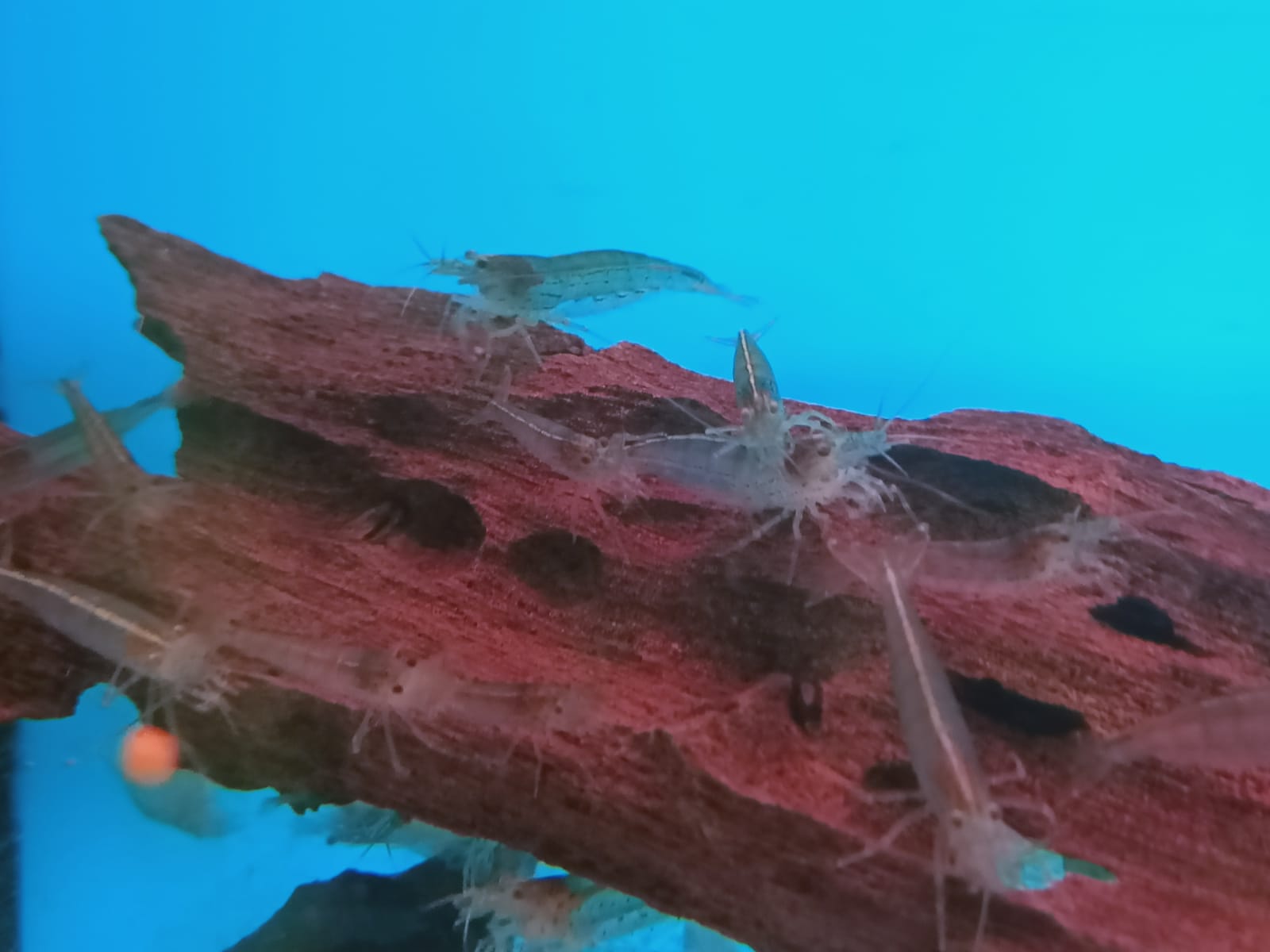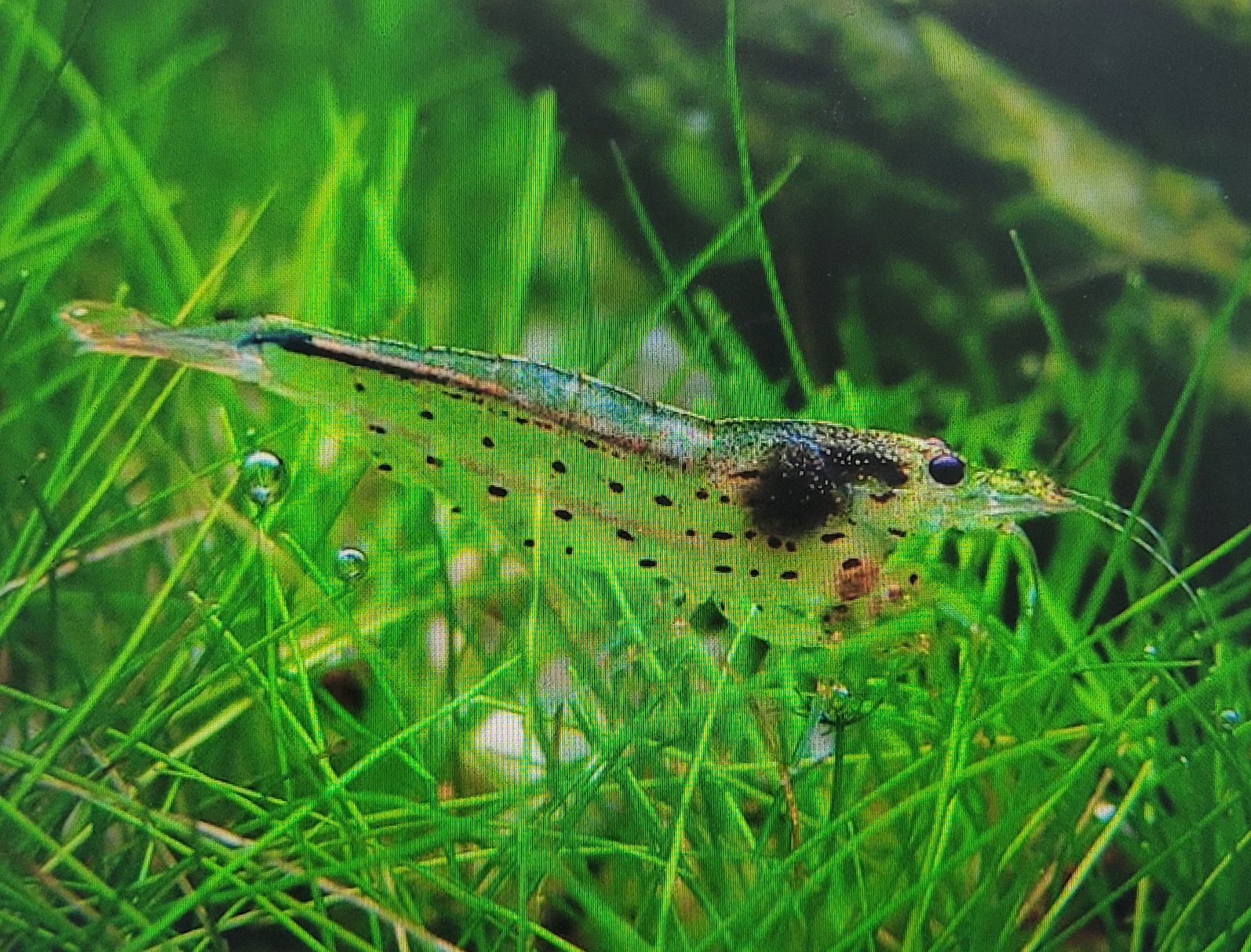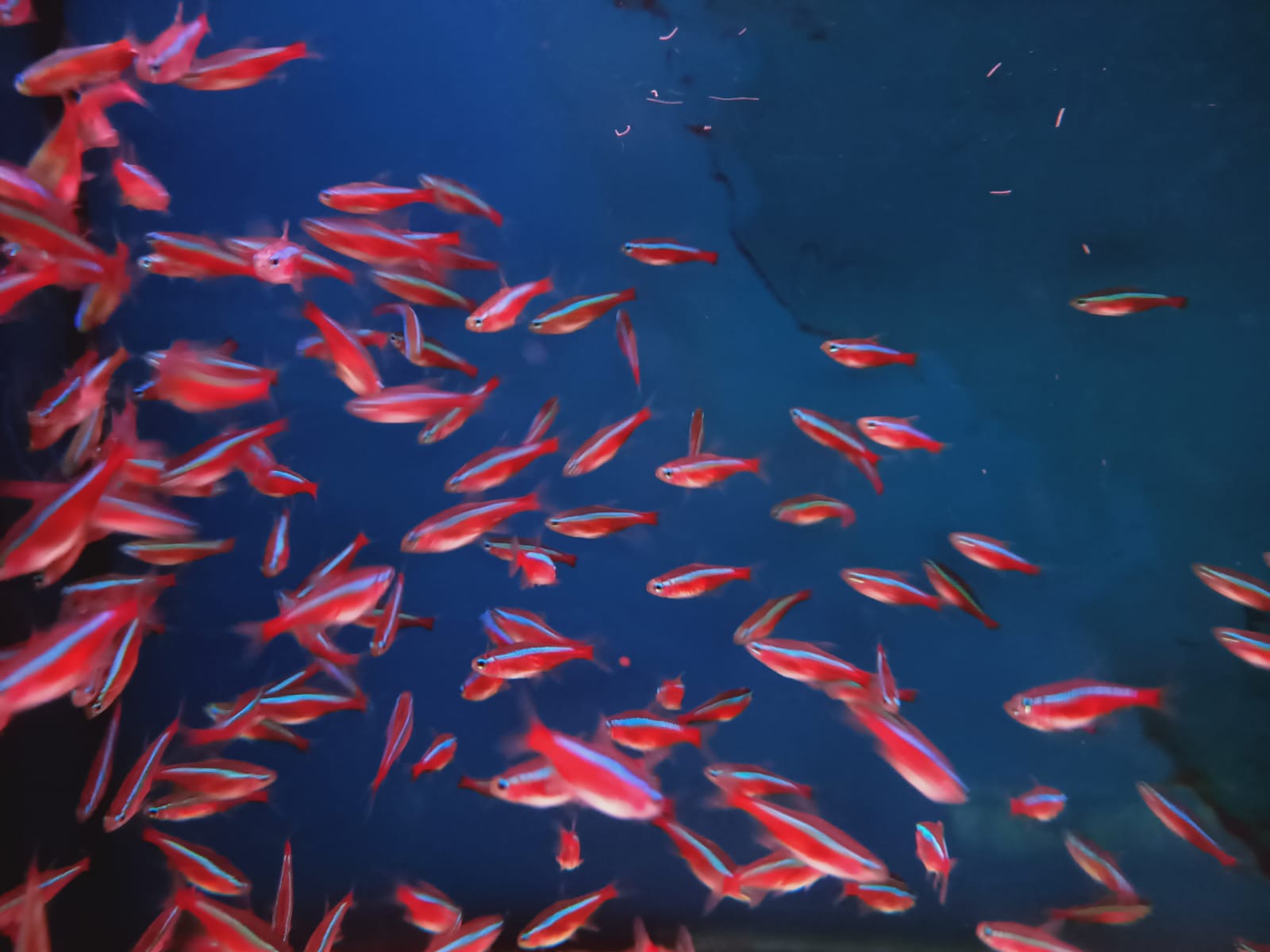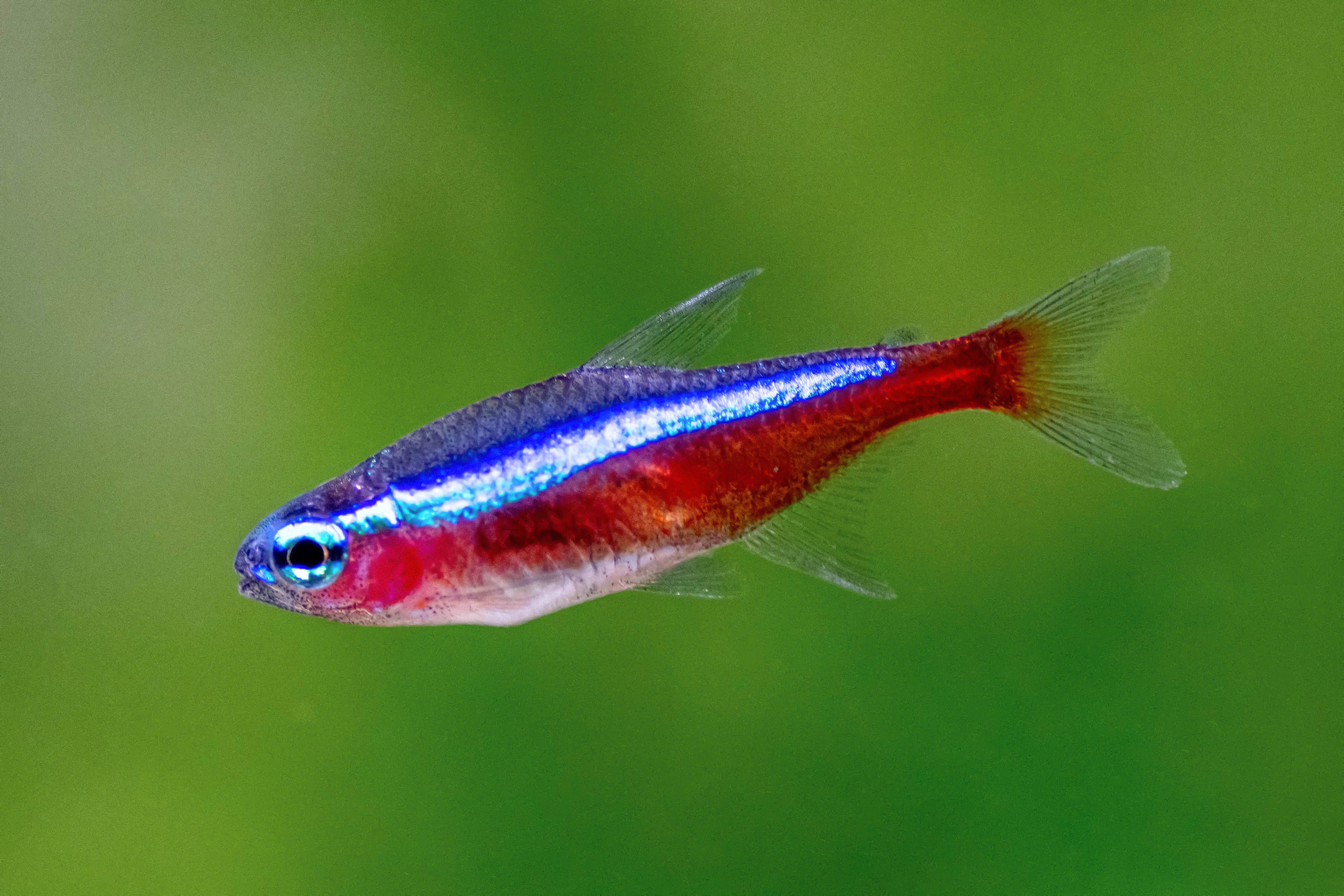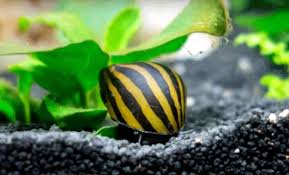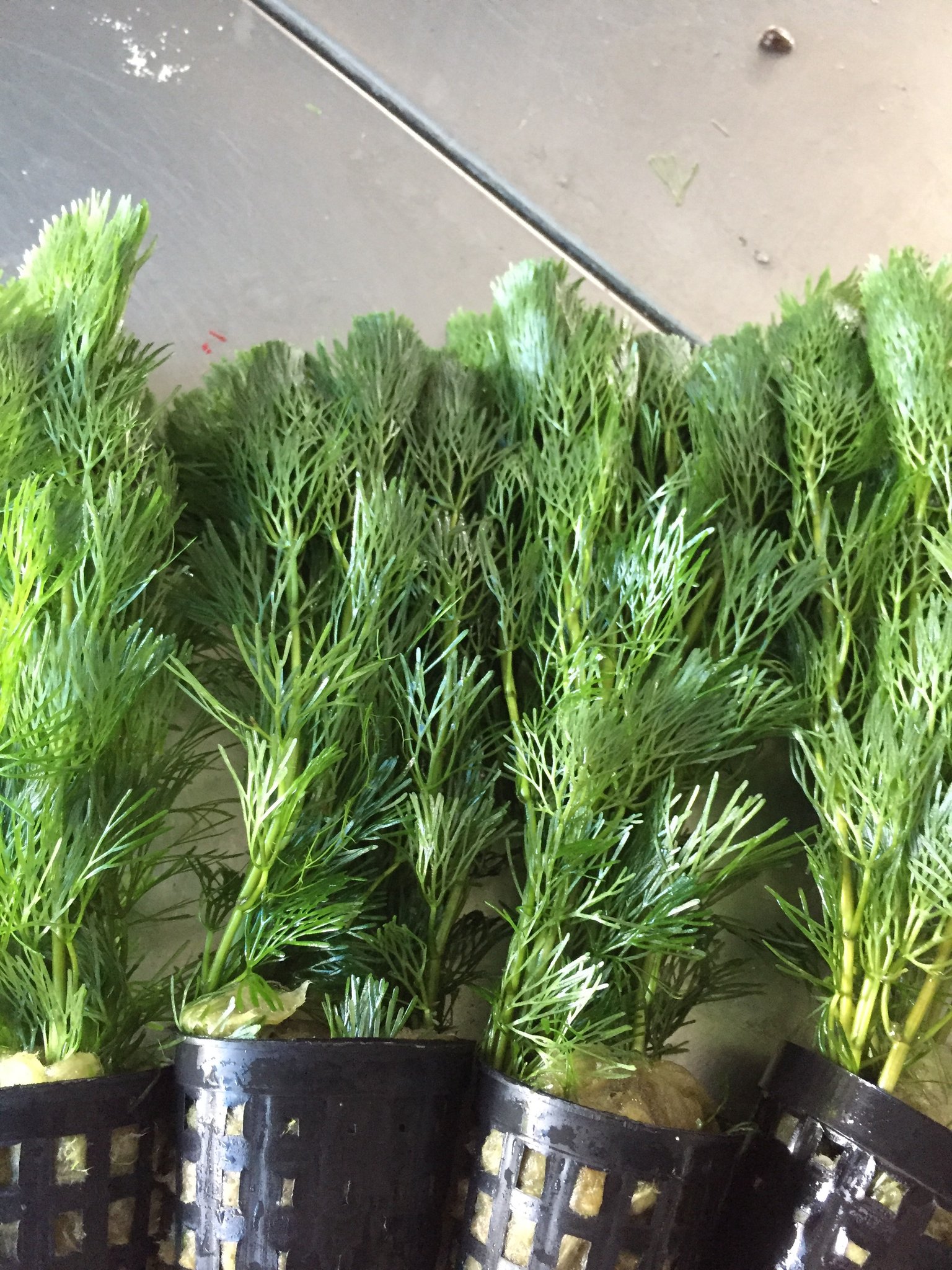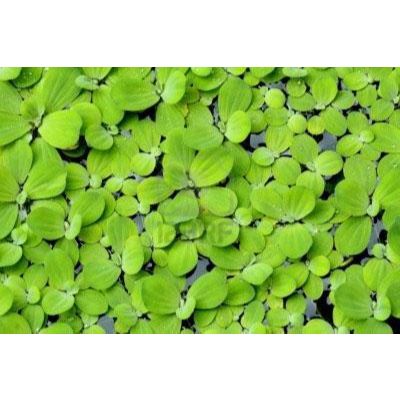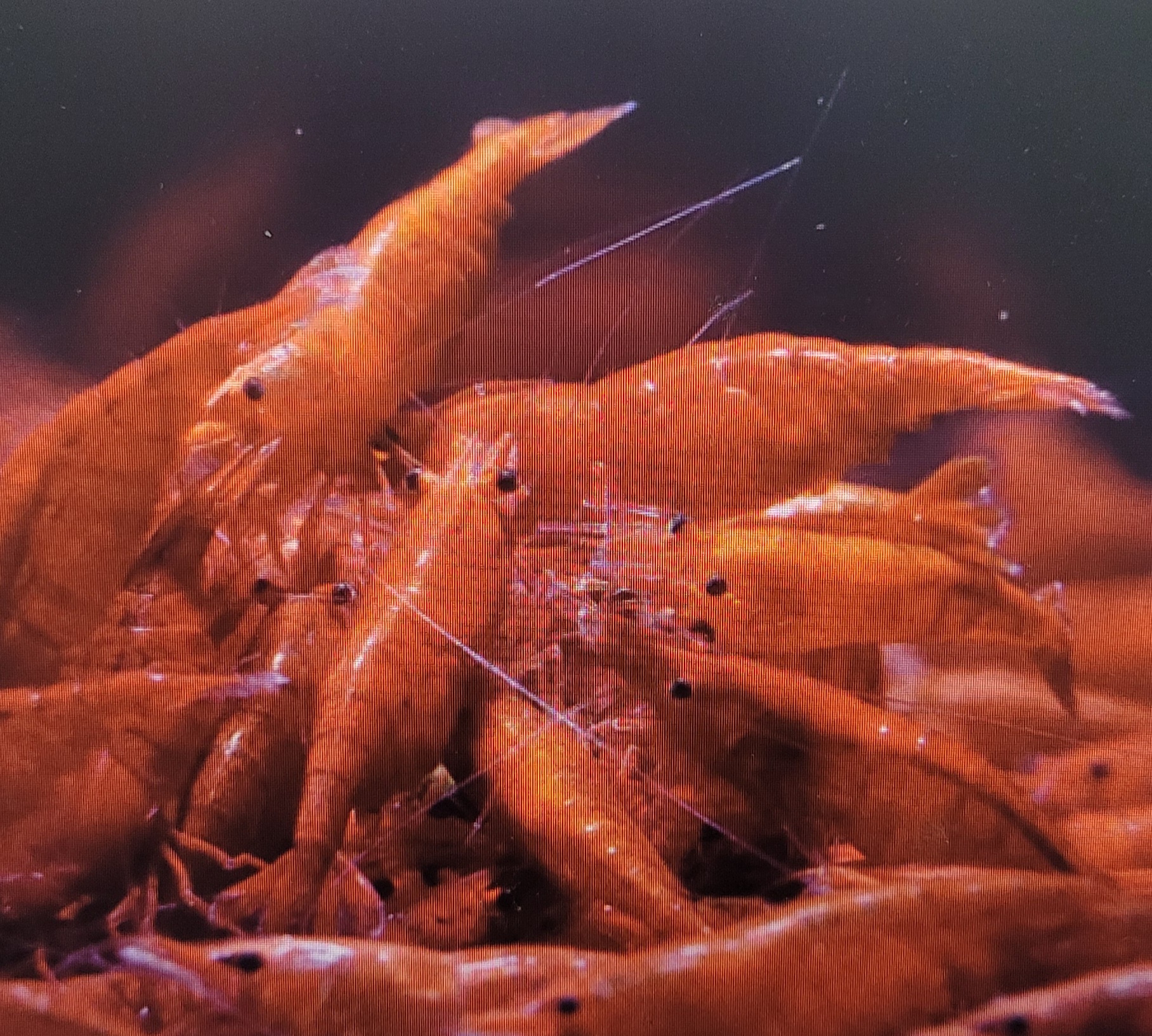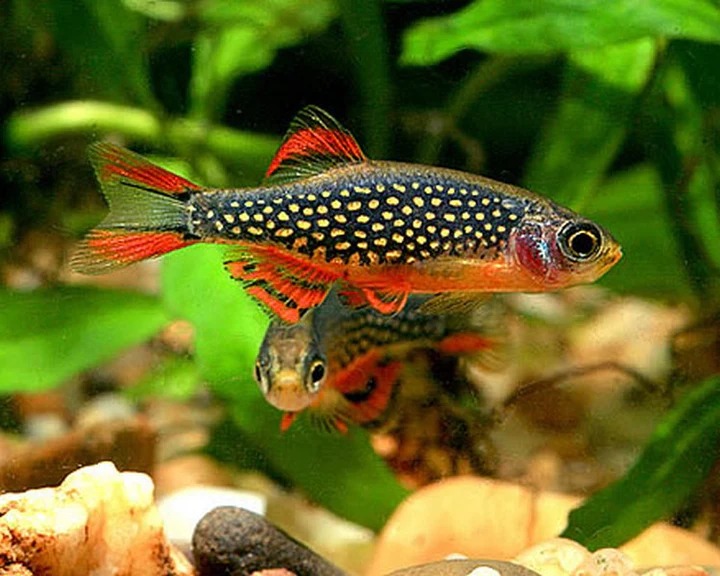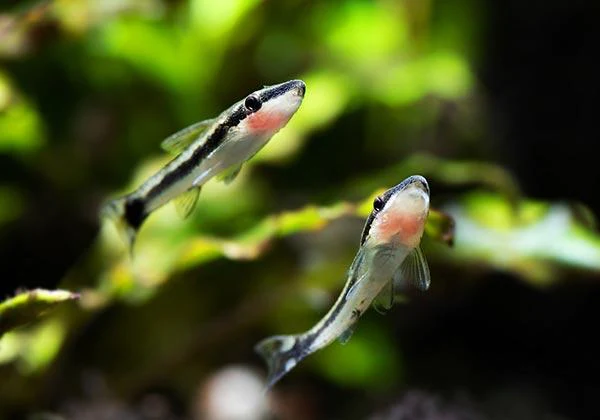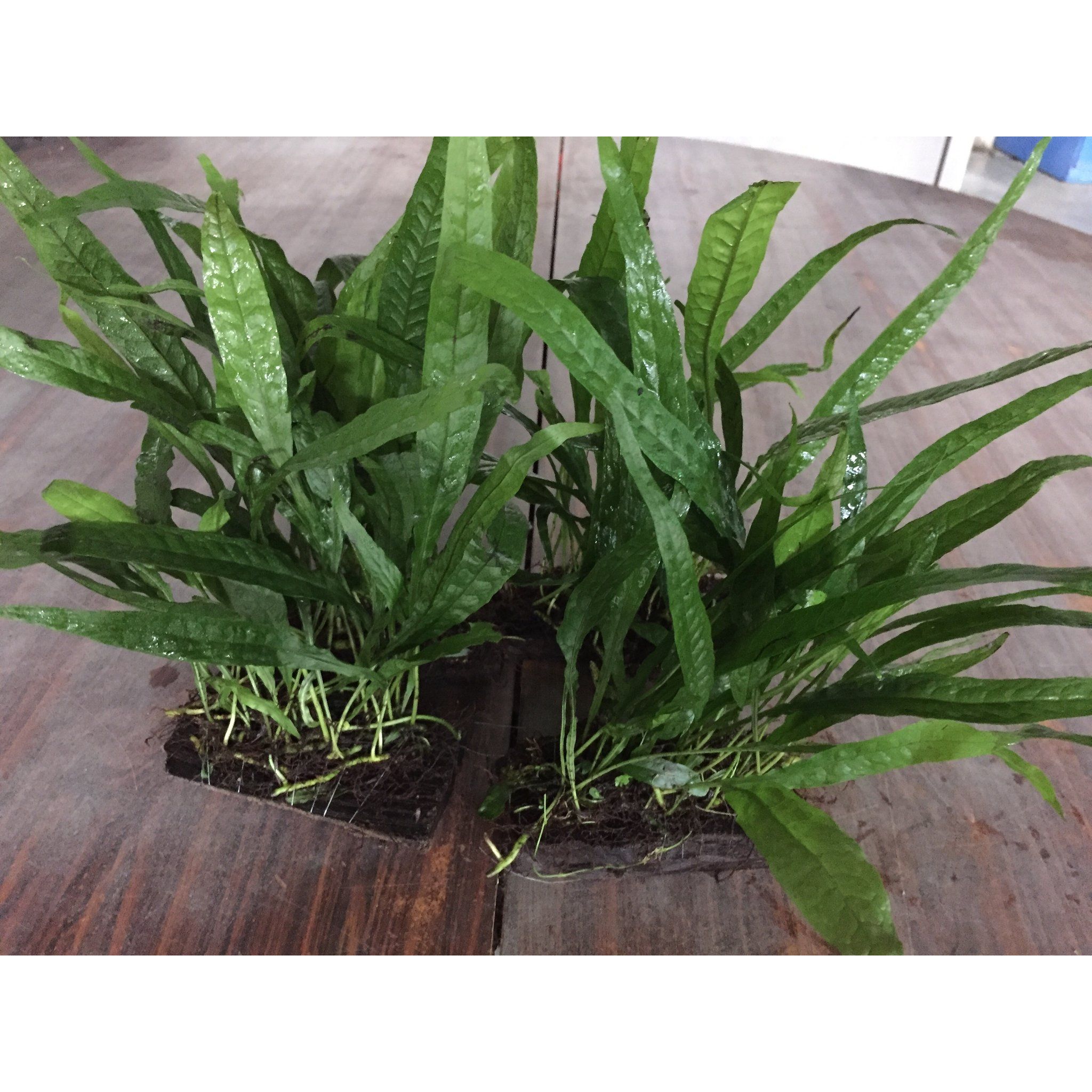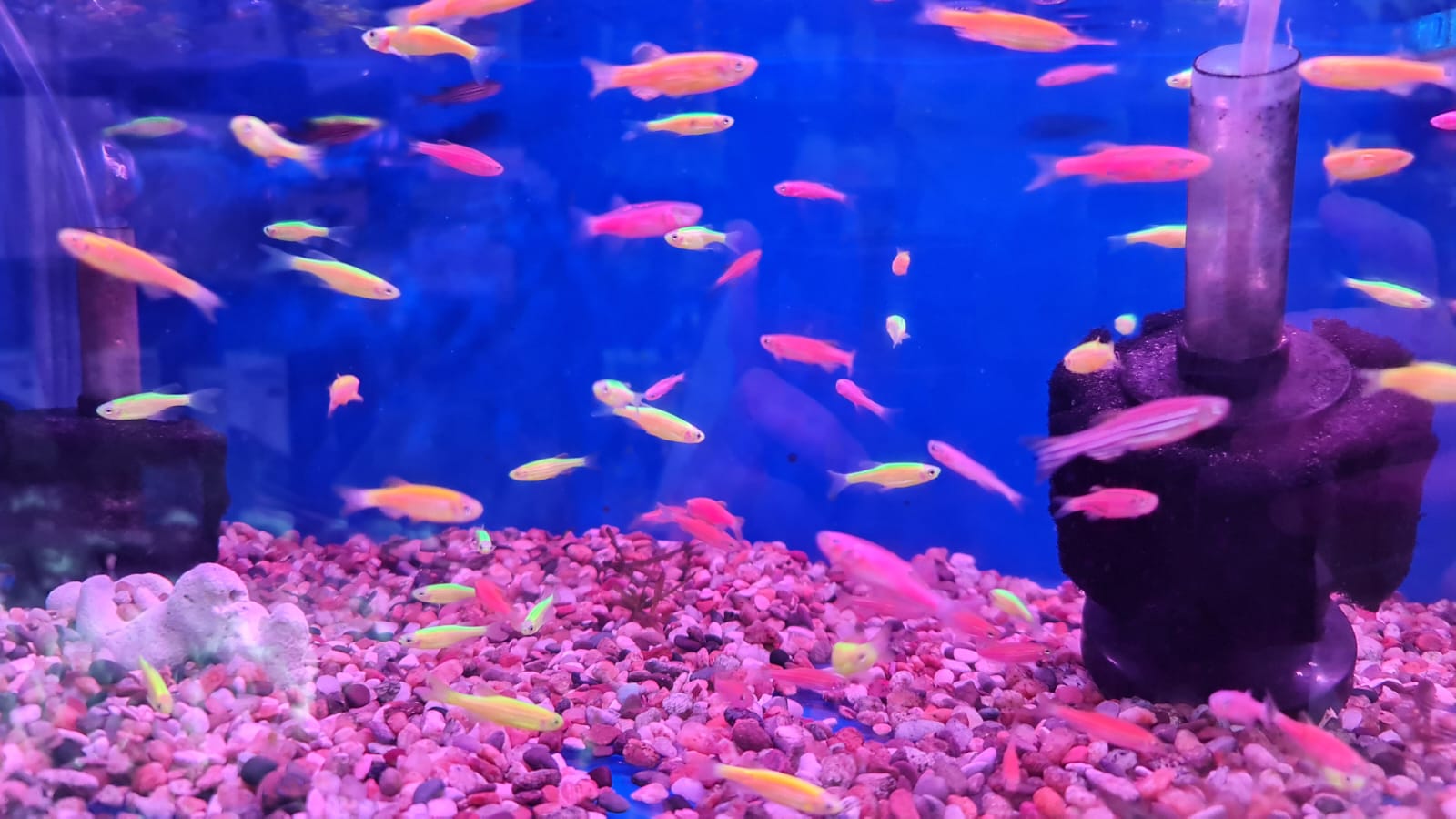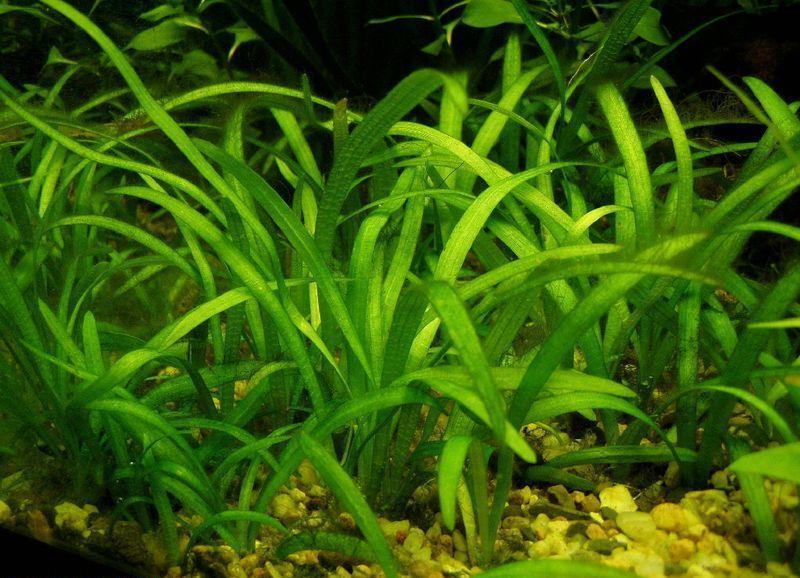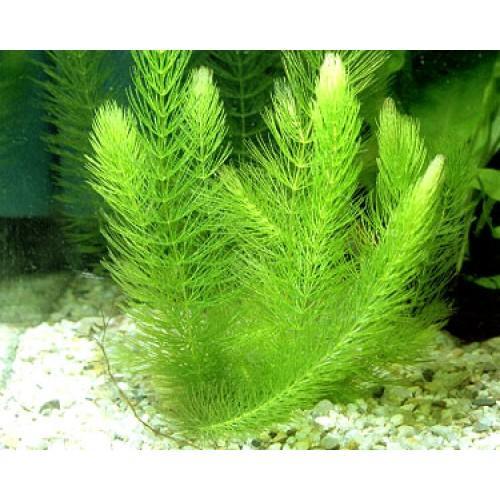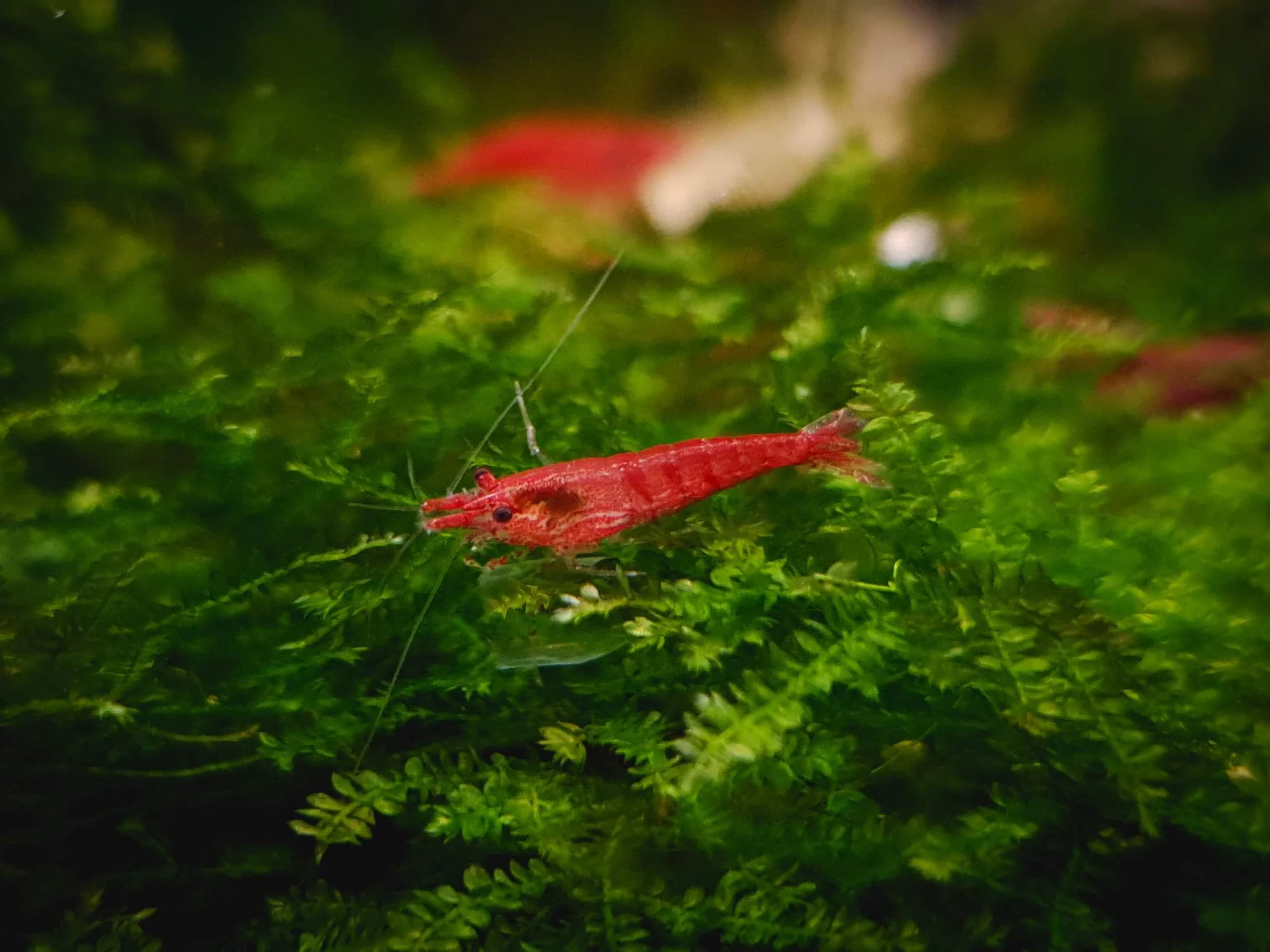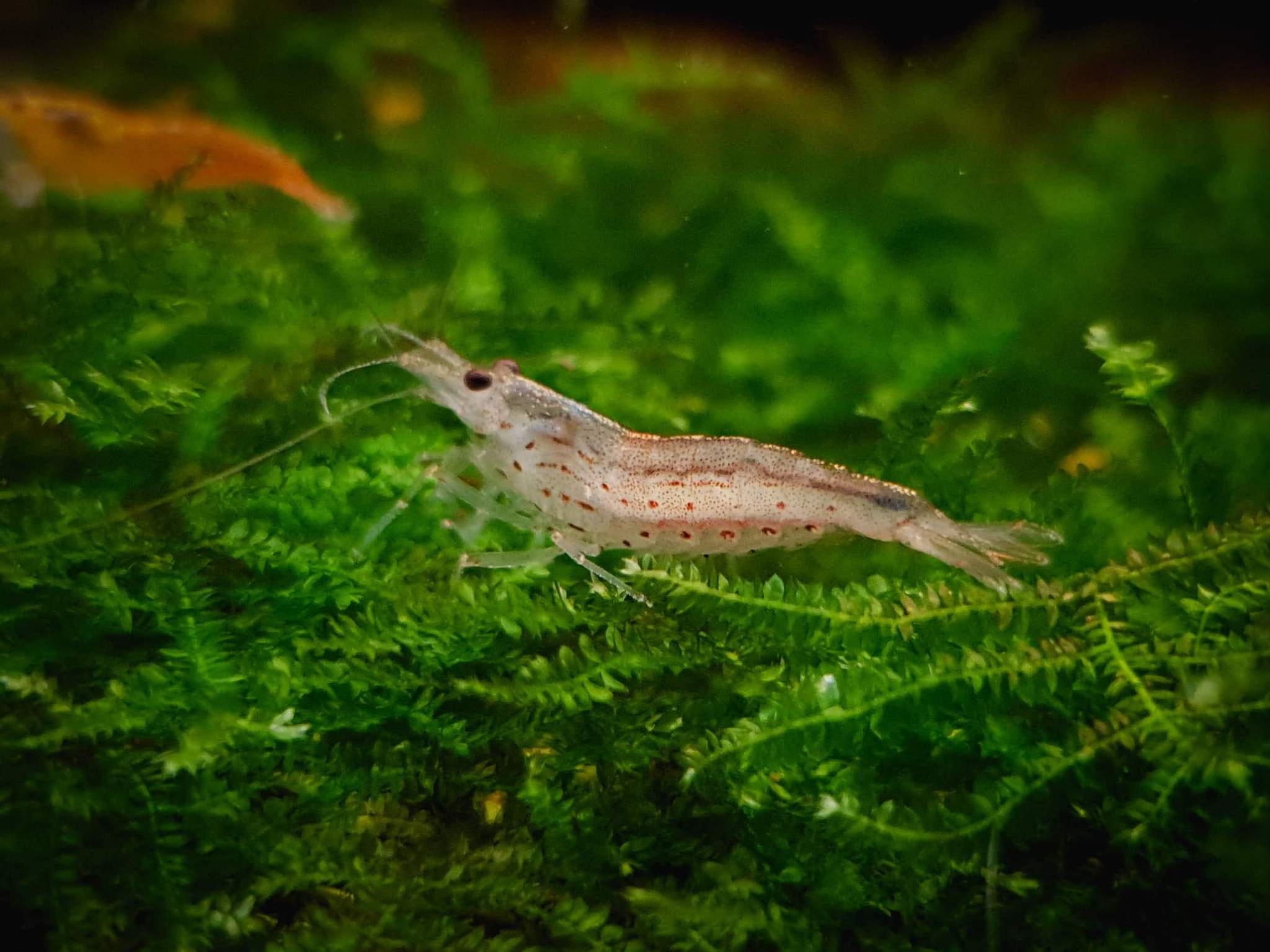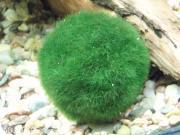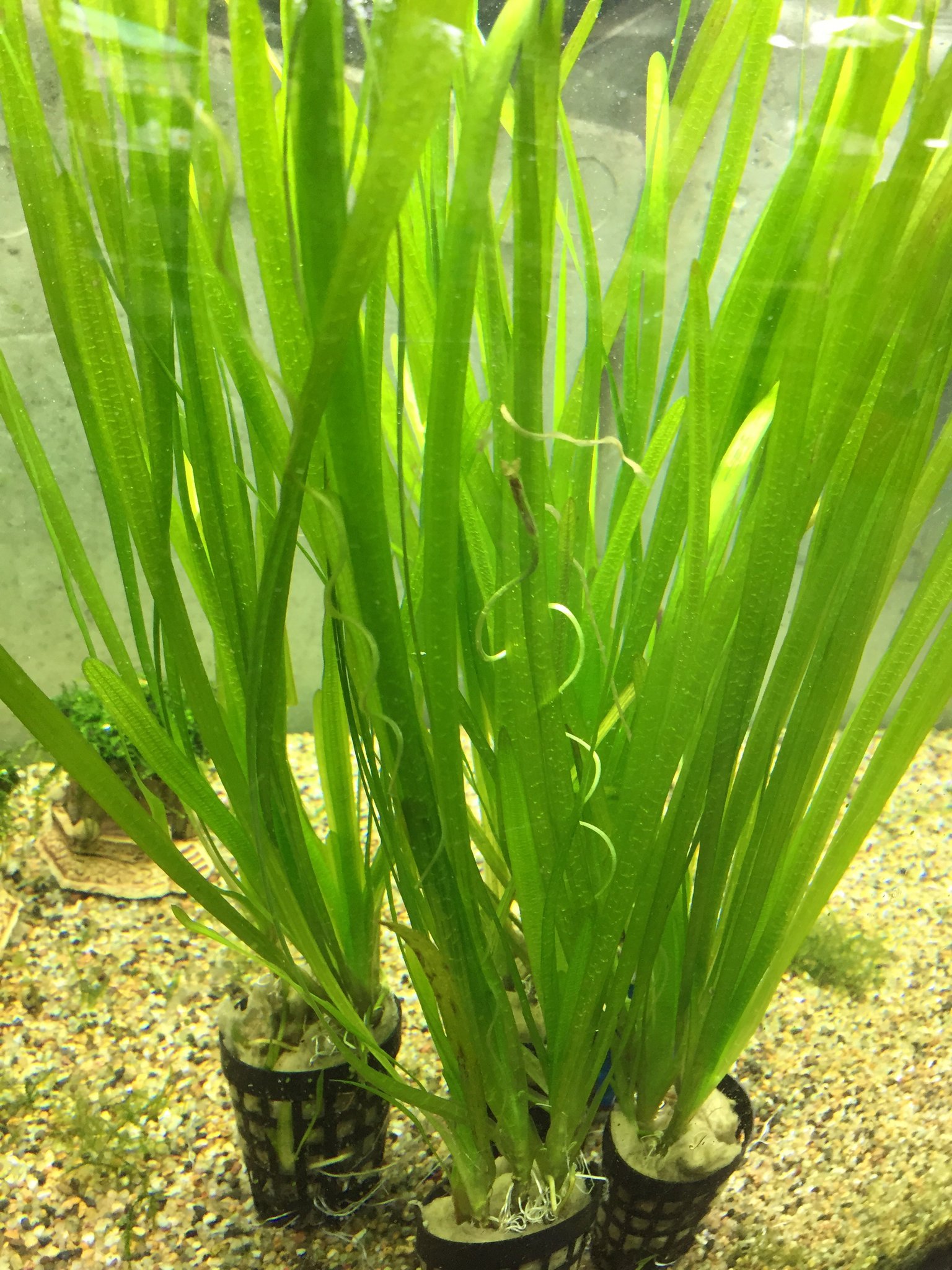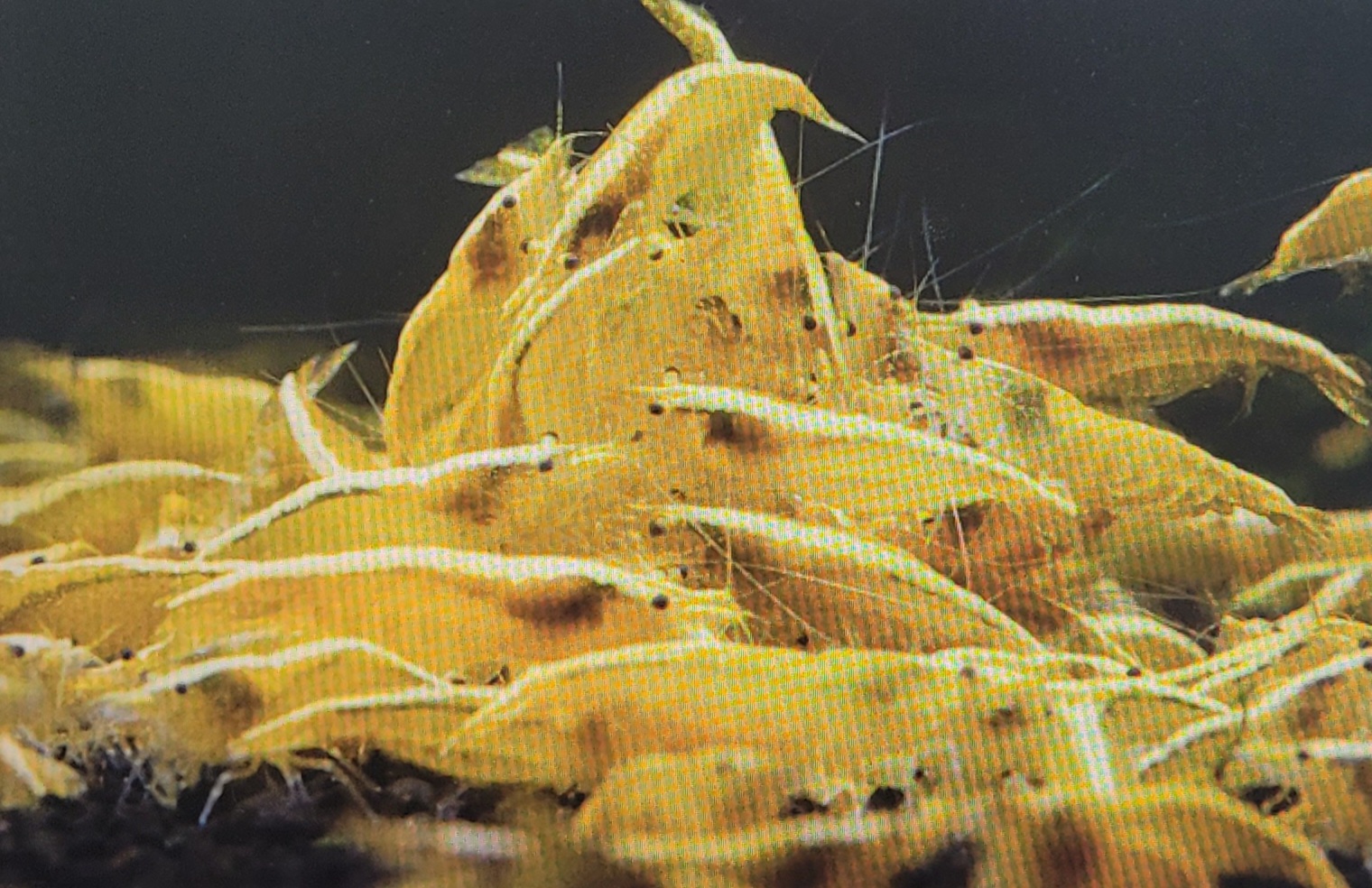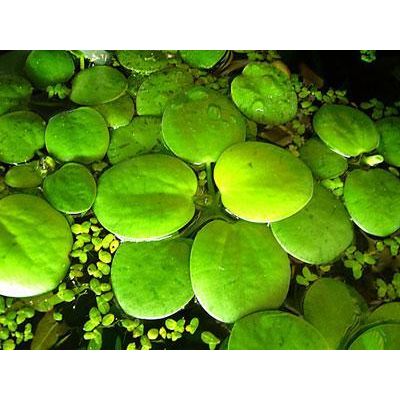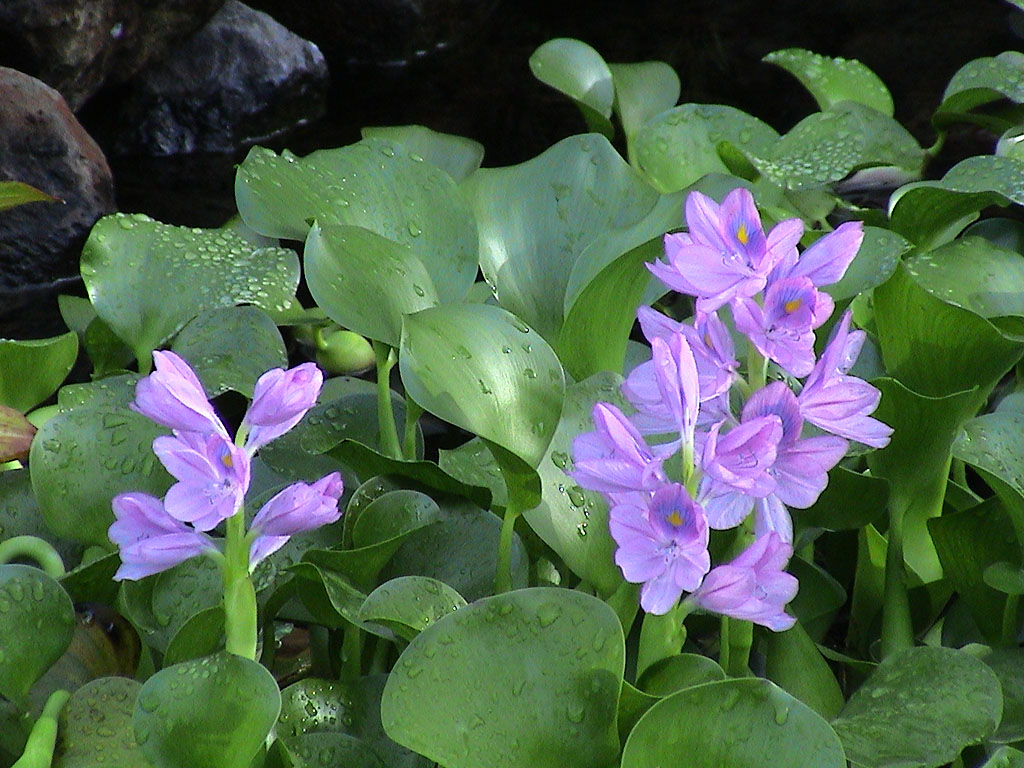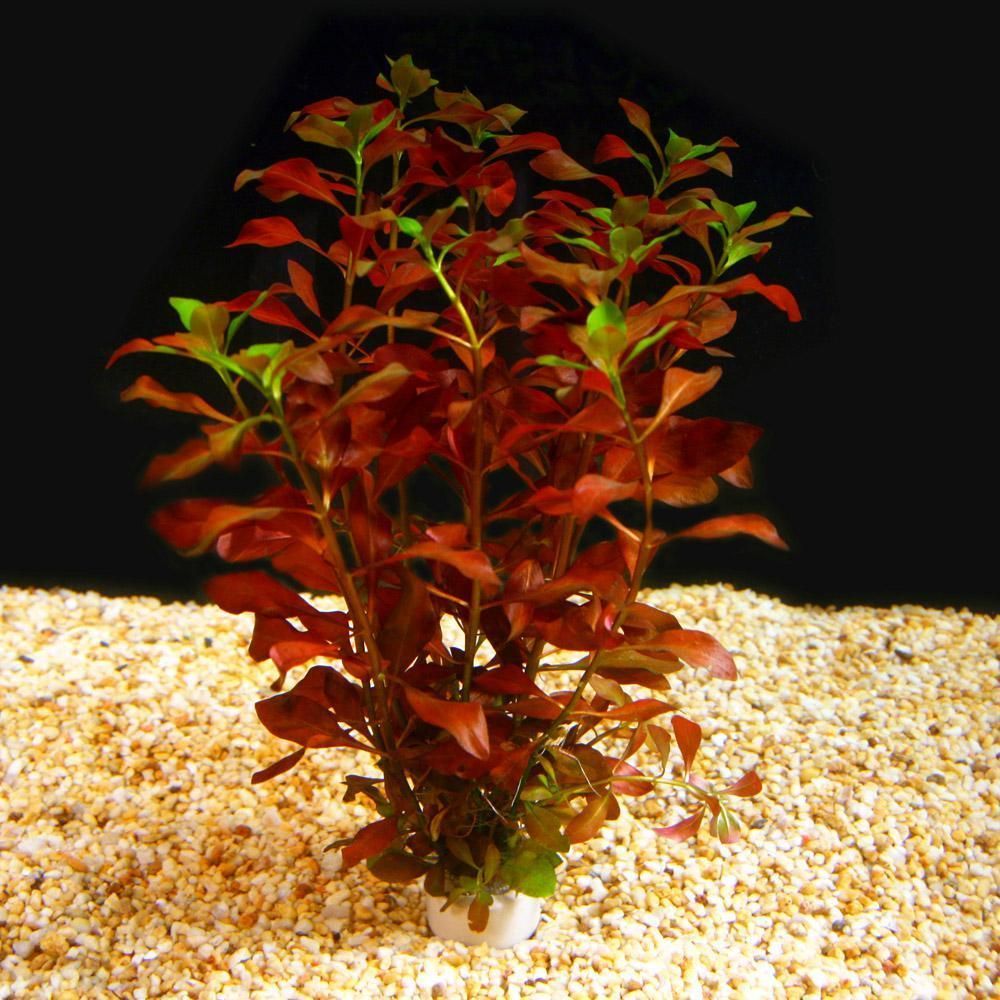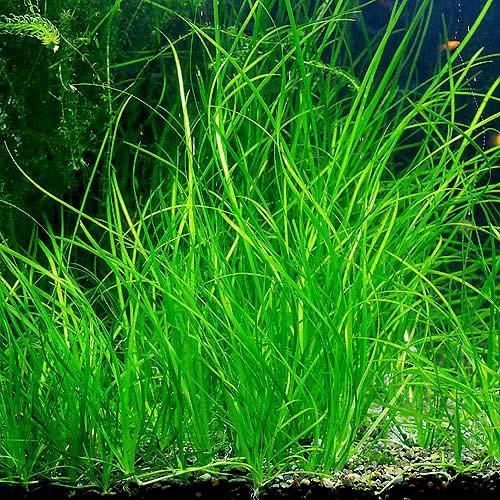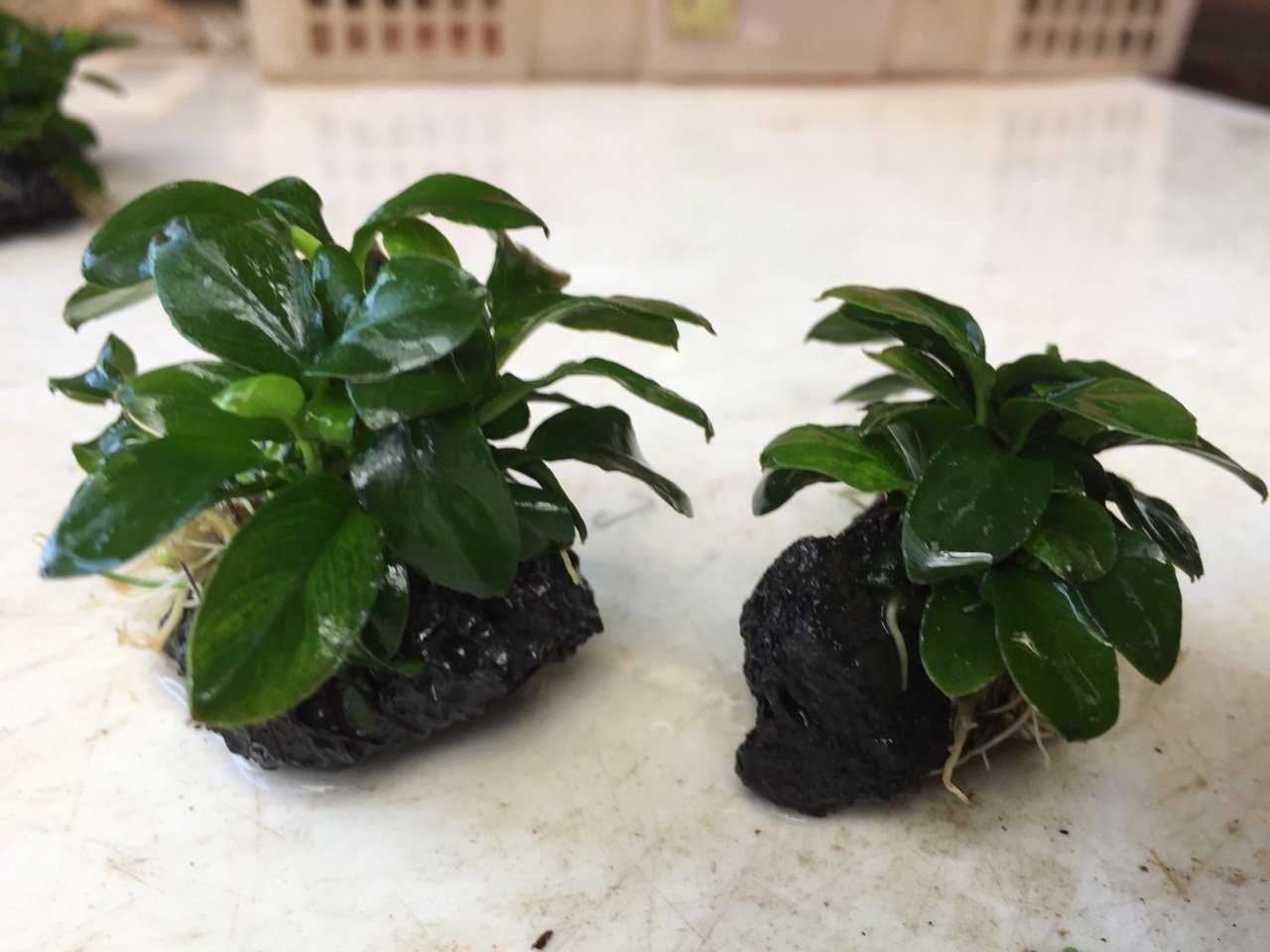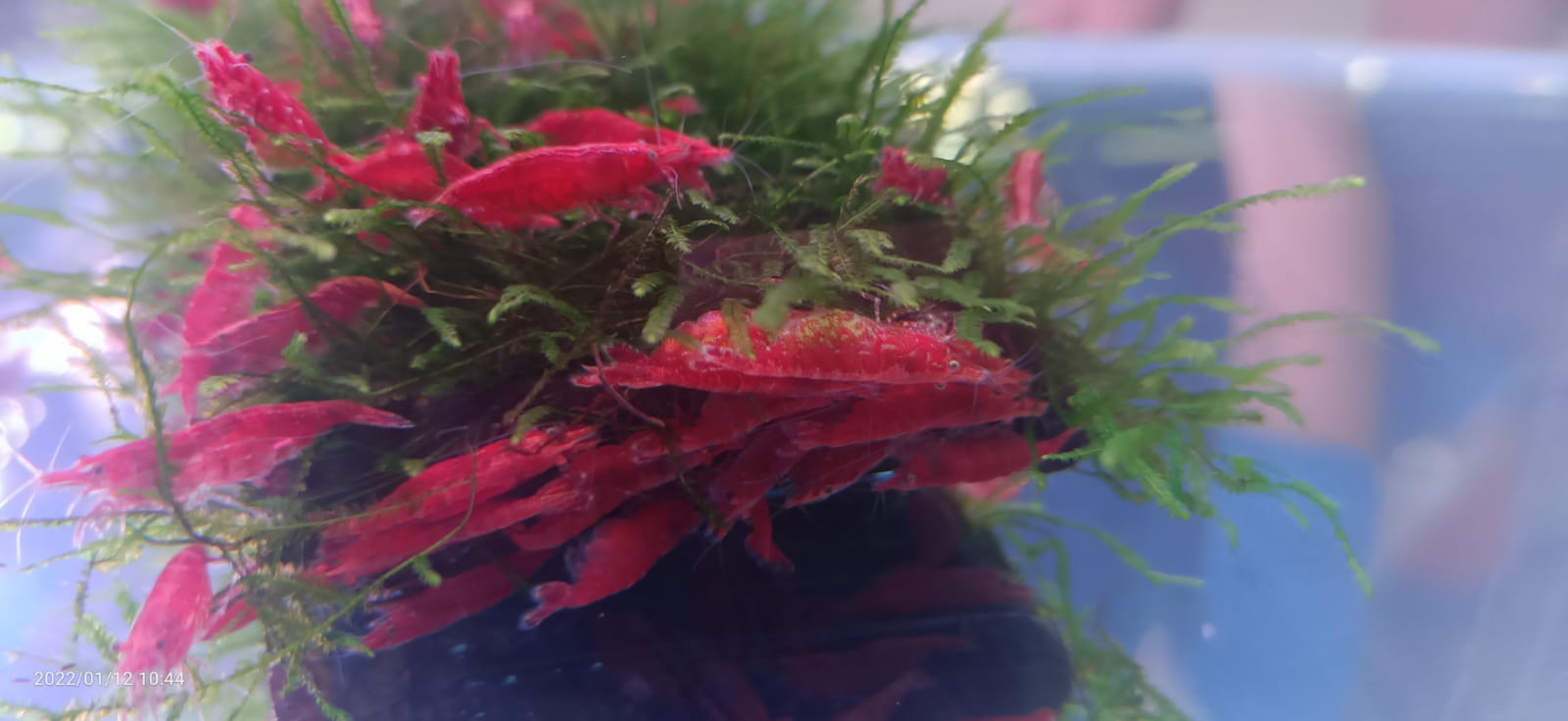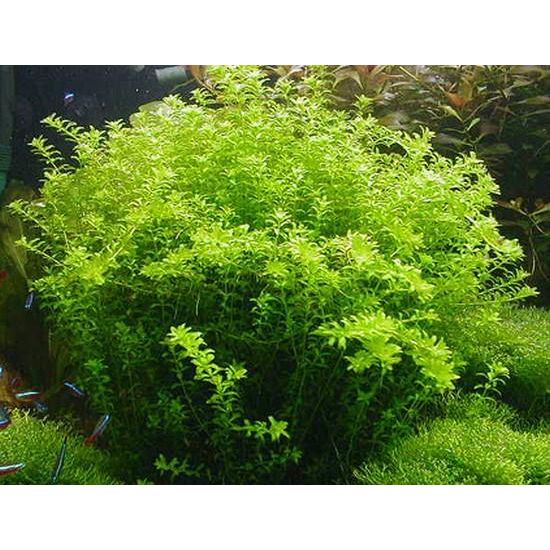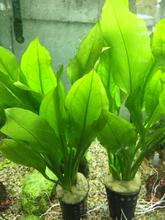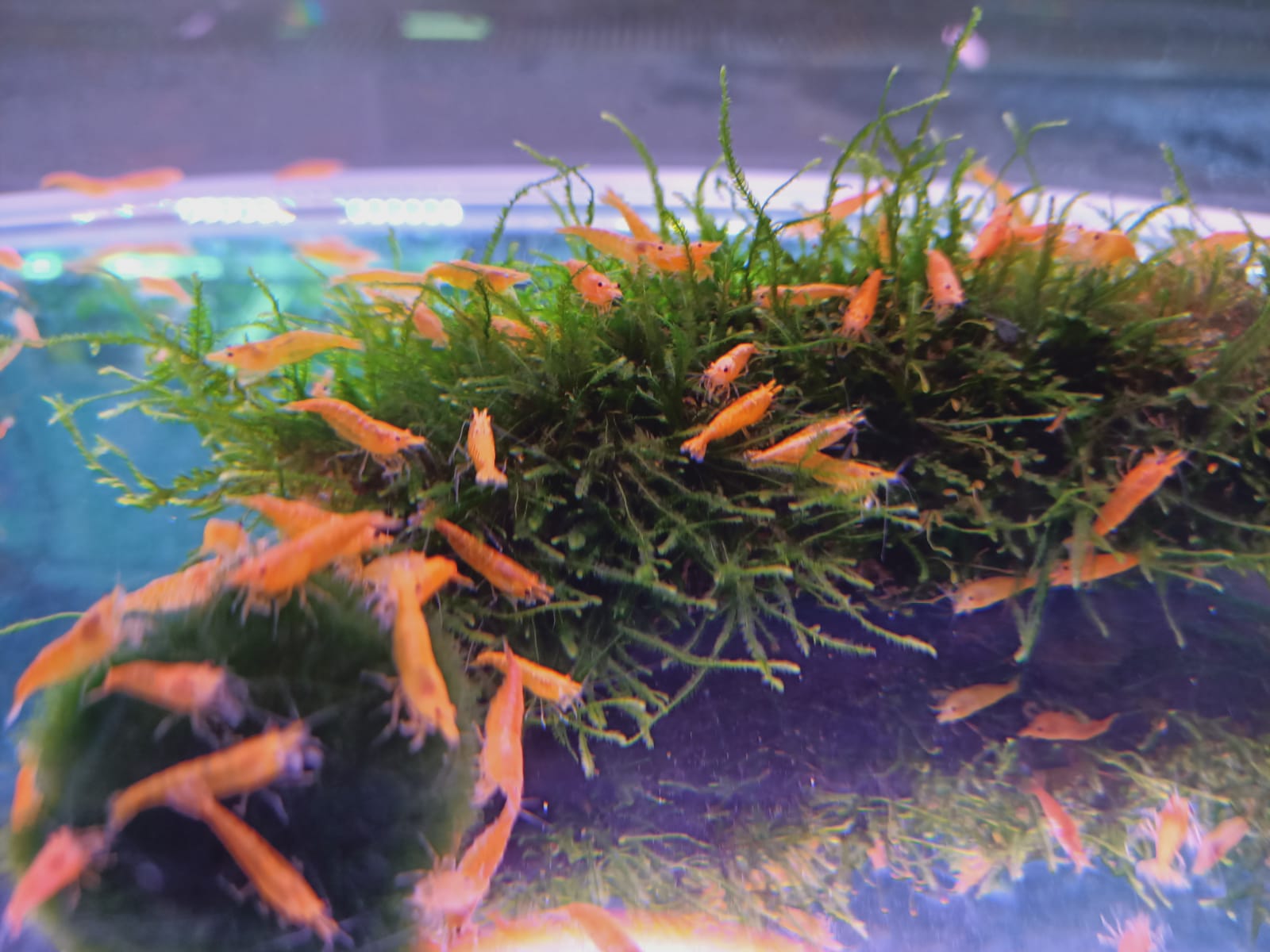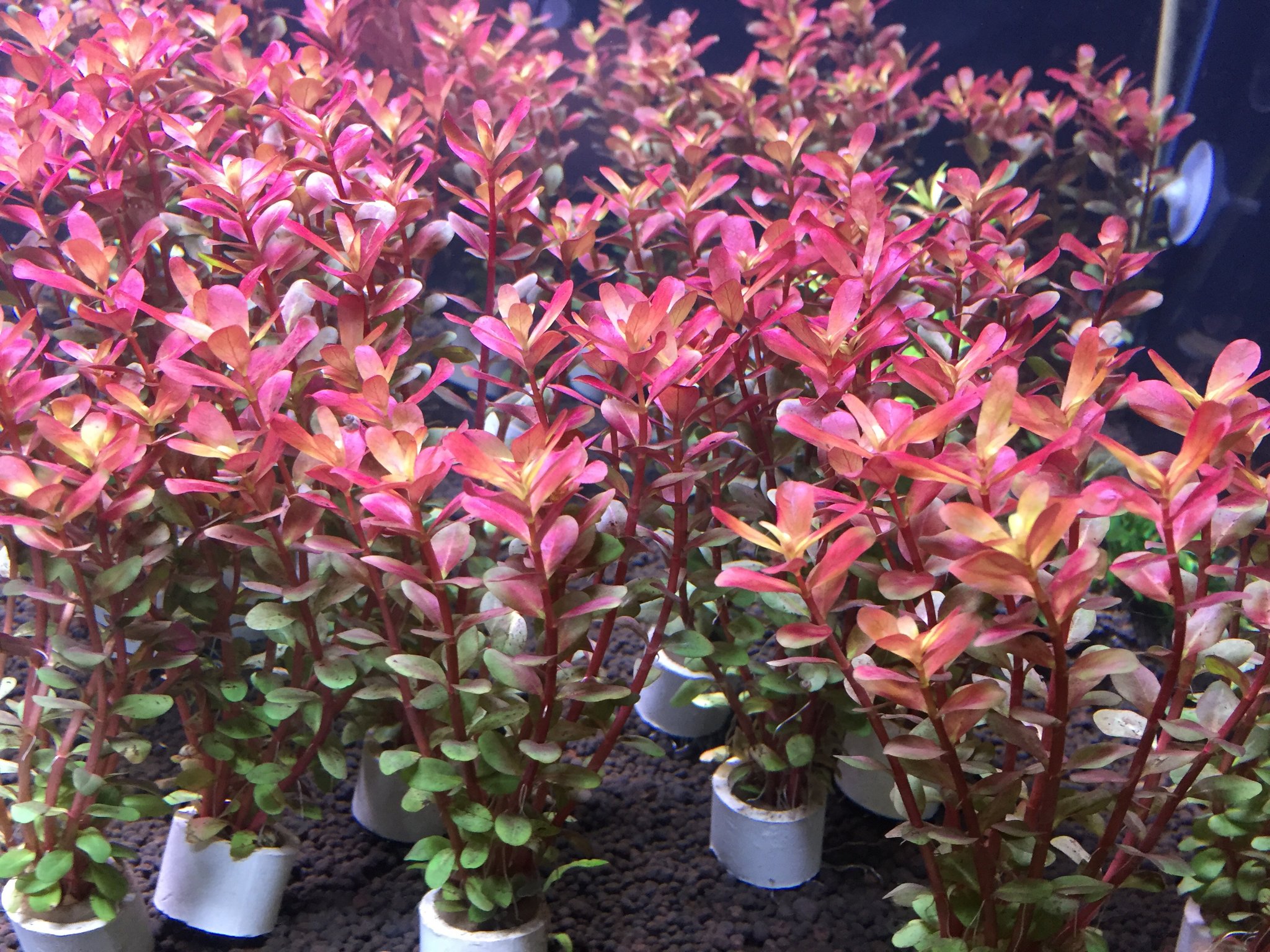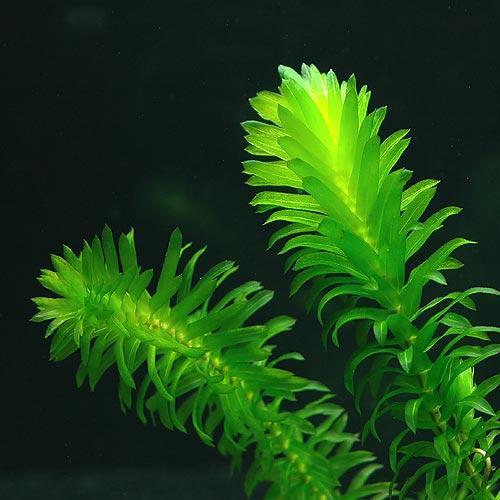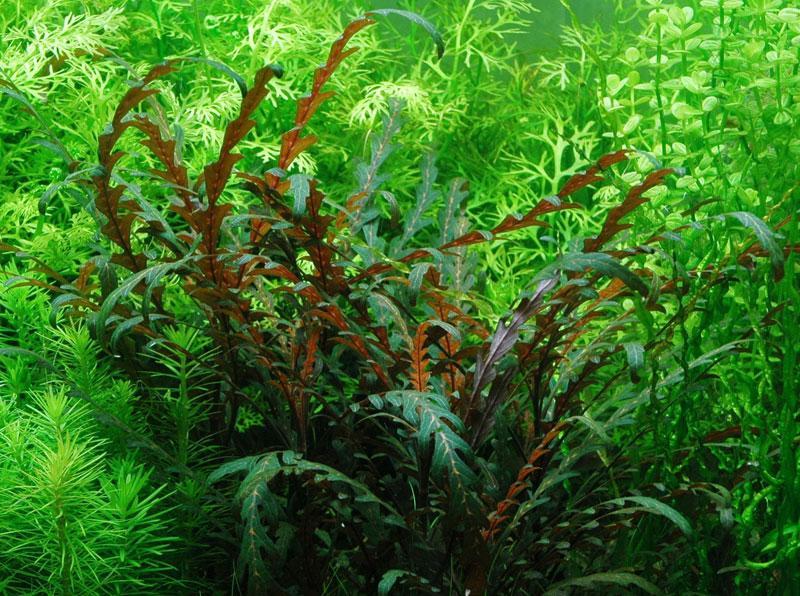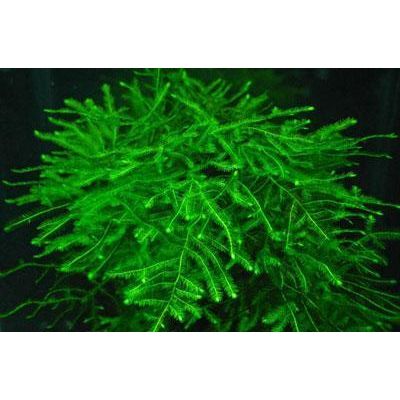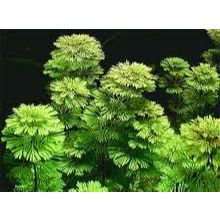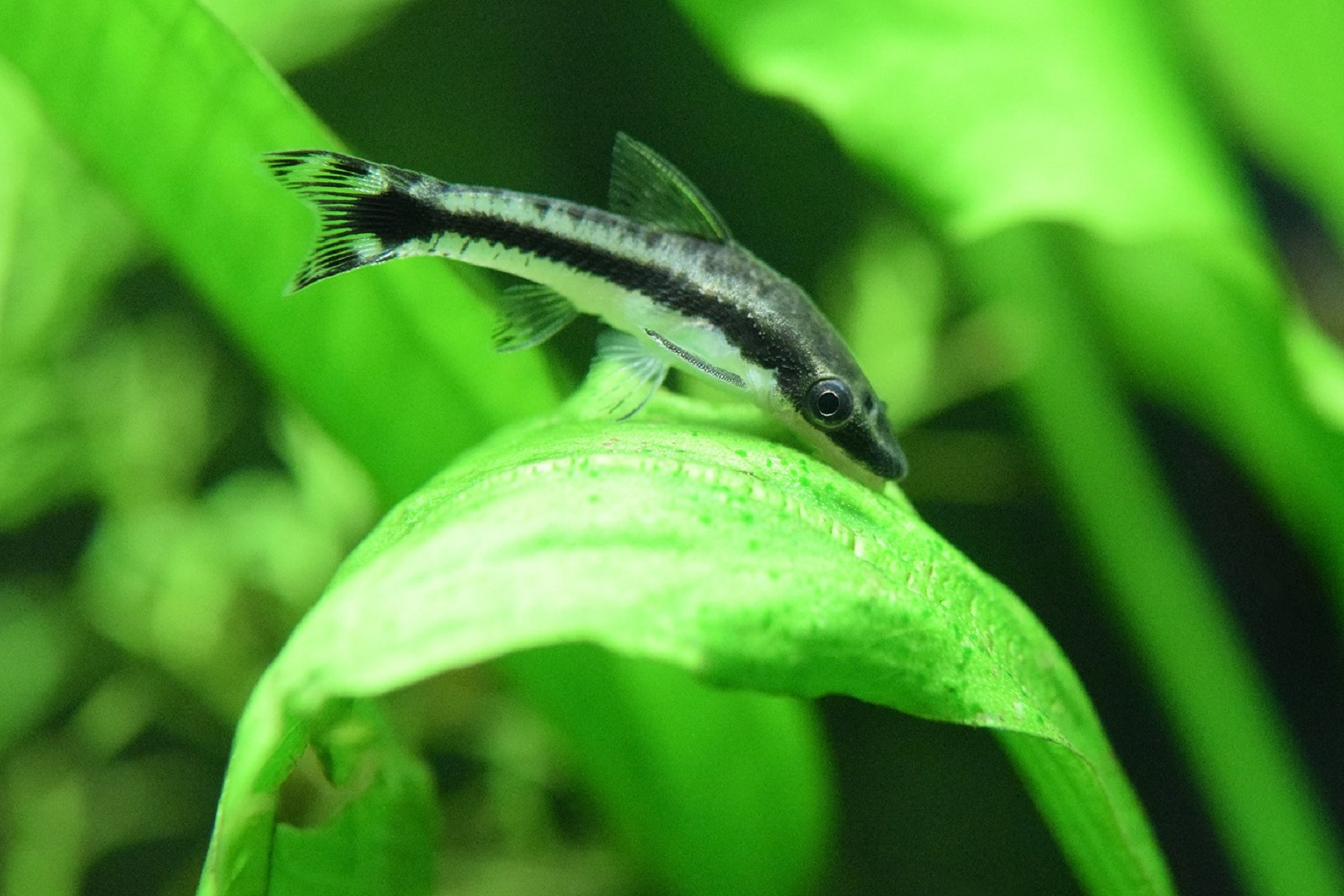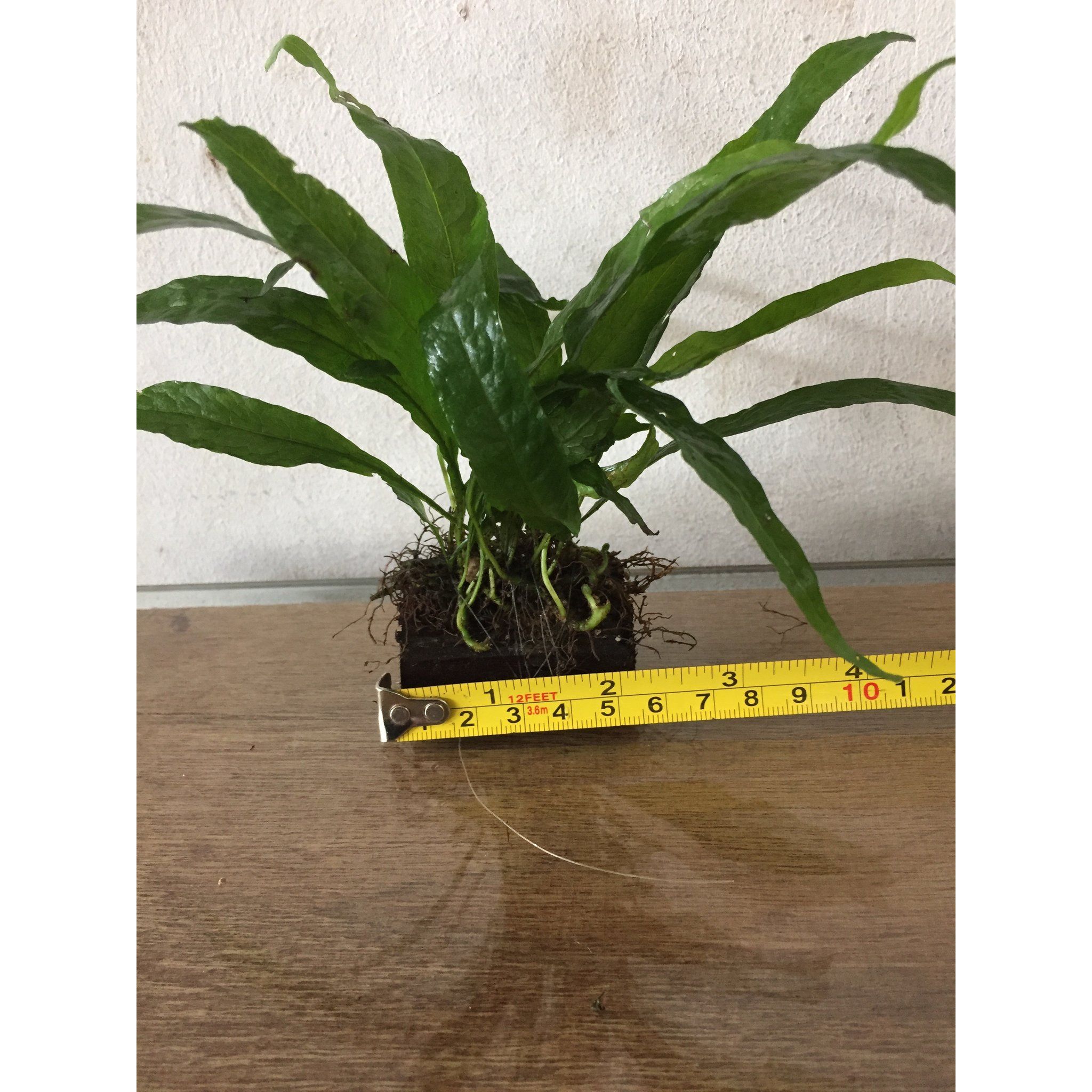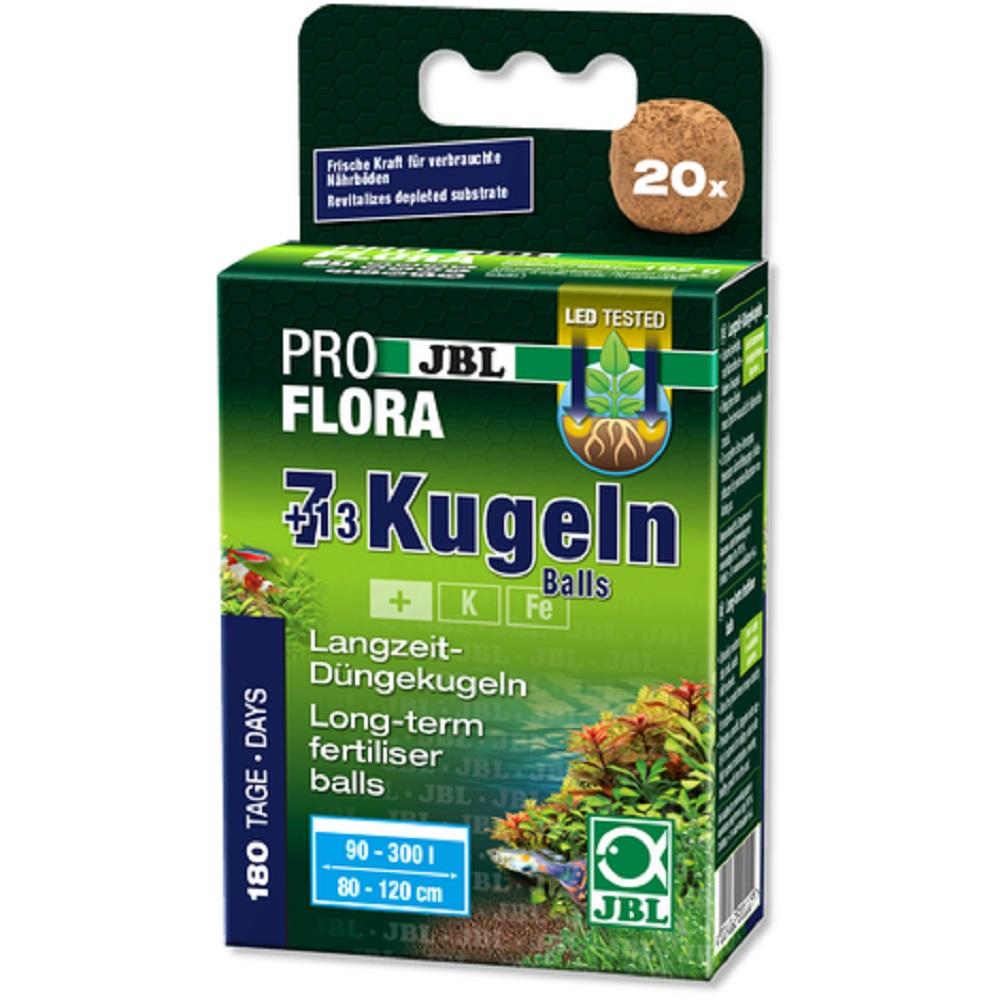
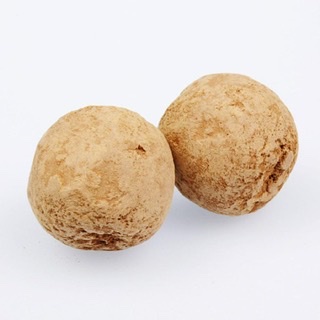
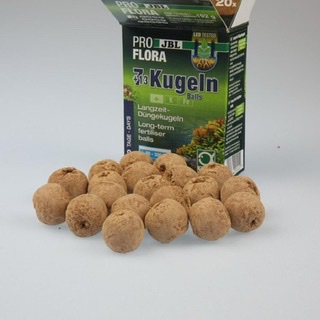



Product Details
- Primary care for plant roots: specially produced clay balls loaded with nutrients, for freshwater aquariums
- Storage capacity for nutrients. No deficiency symptoms: important trace elements such as iron, minerals
- Optimal promotion of plant growth means less algae growth. No phosphates and nitrates
- The stronger the root development of the plant, the better the nutrient absorption through the roots
- Package contents: 1 pack The 7 + 13 balls, 20 fertiliser balls. To use: depending on the size of the plant, press one or more balls into the root zone once a year
PRODUCT INFORMATION
- Nutrition for aquarium plants
- Healthy plants are important for every aquarium.
- Plants supply the aquarium with vital oxygen for the aquarium dwellers, prevent algae growth and remove pollutants.
- Healthy plants = healthy fish
- Healthy plants prevent algae growth, supply oxygen, remove pollutants, provide hiding places and reduce pathogens.
- For the plants to flourish the following demands need to be met:
- Light as energy source for the photosynthesis of CO2, nutrients and trace elements as growth promoters.
- With JBL fertilisers you supply the plants with all main nutrients and essential trace elements.
- This way the plants get all the required nutrients they need to absorb over the leaves and roots to prevent deficiency symptoms (e.g. iron deficiency).
FAQ
I can't get all of the pellets out of the tank. Is that harmful to my fish?
> The pellets don't contain any heavy metals, so that they are not toxic to fish. Therefore, there is no need for concern if a pellet or two stays in the tank.
If I am using JBL 7 pellets, does it make sense to also fertilise with JBL Ferropol ?
> Yes, that will be helpful and may even be advisable, depending on the plants in the aquarium.
The JBL 7 Balls pellets are primarily intended for root feeding plants and supply the plants with nutrients through their roots. Using JBL Ferropol to fertilise through the water column is generally advisable, as all plants (the stem plants more than the root feeders) also absorb nutrients through their leaves.
I would like to fertilise my plants with your product and change over completely. How do I go about doing that?
> Generally, one should never change plant fertilizers abruptly. The fertilizers from different manufacturers have somewhat different compositions in terms of trace elements. This may cause temporary nutrient changes. It is best to change over in 3 steps:
1) Reduction of the old fertilizer by 1/3; replace this with 1/3 of the new fertilizer. Wait approx. 3-4 weeks and observe the reaction of the plants.
2) Reduction of the old fertilizer by 2/3; replace this with 2/3 of the new fertilizer. Wait approx. 3-4 weeks and observe the reaction of the plants.
3) Complete discontinuation of the old fertilizer and change-over to the new fertilizer.
It is important to observe the reaction of plant growth and, in addition, to check the iron content of the water at least 2x weekly. Whereas the value should never drop to 0, it should never exceed 0.2 mg/l if possible. However, short peaks are no cause for concern.
These measures should generally be carried out on a weekly basis, ideally right after a water change. This achieves better results than fertilizing in large doses at longer intervals.
Are fertiliser pellets (JBL 7 Balls) harmful for my invertebrates such as shrimp and crustaceans?
> JBL 7 Balls are harmless to shrimp. It's worth noting that the commonly held notion of shrimp being sensitive to copper is not correct. What is true is that shrimp even need copper urgently as a trace element for their blood pigment (haemocyanin). When using a standard fertiliser, one must overdose 80-100 fold in order to reach the ranges that are dangerous for shrimp, or a copper overdose as applicable. The situation is quite different when it comes to copper-based medications or algae control products, as these have much higher doses.
JBL The 7+13 Kugeln Balls
Product Options
Regular
Delivery
Delivery takes 3 to 7 working days normally. Delivery fees will be shown upon checkout. Certain areas may require additional charges, and a top-up via PayNow will be needed. This includes Central Business District, Offices, Airport, Hospitals, Tertiary campuses, PSA terminals, Cargo Complexes, cargo ports, shipyards, Government buildings, secured compounds, SAF campus, Marina Bay Sands, Robinson, Marina Square,Orchard, Bras Basah, Sentosa, Tuas, Jurong Island, etc. Our customer service representatives will reach out to you if necessary.
Merchant
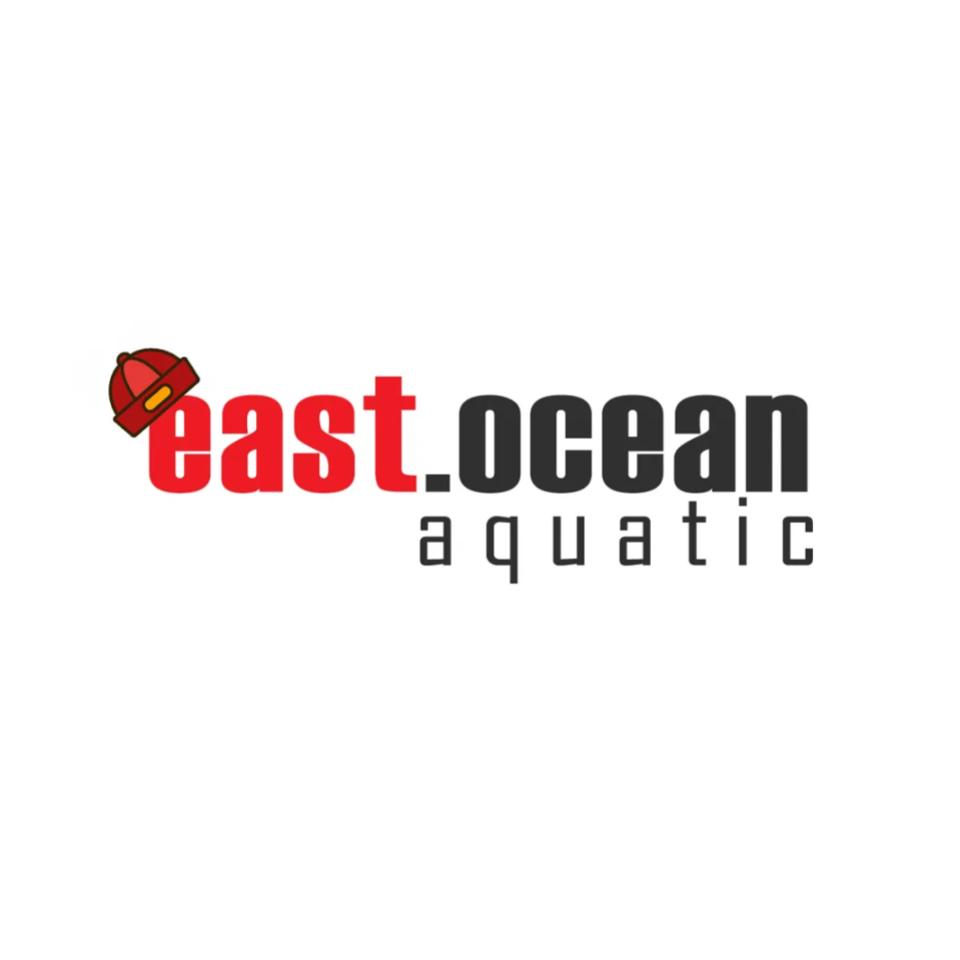 East Ocean Aquatic Havelock
East Ocean Aquatic Havelock Aquarium Fishes, Tanks & Supplies From East Ocean Aquatic Havelock
Products Similar To JBL The 7+13 Kugeln Balls
Fishes from nearby fish tank shops


%201751982535475.jpeg)
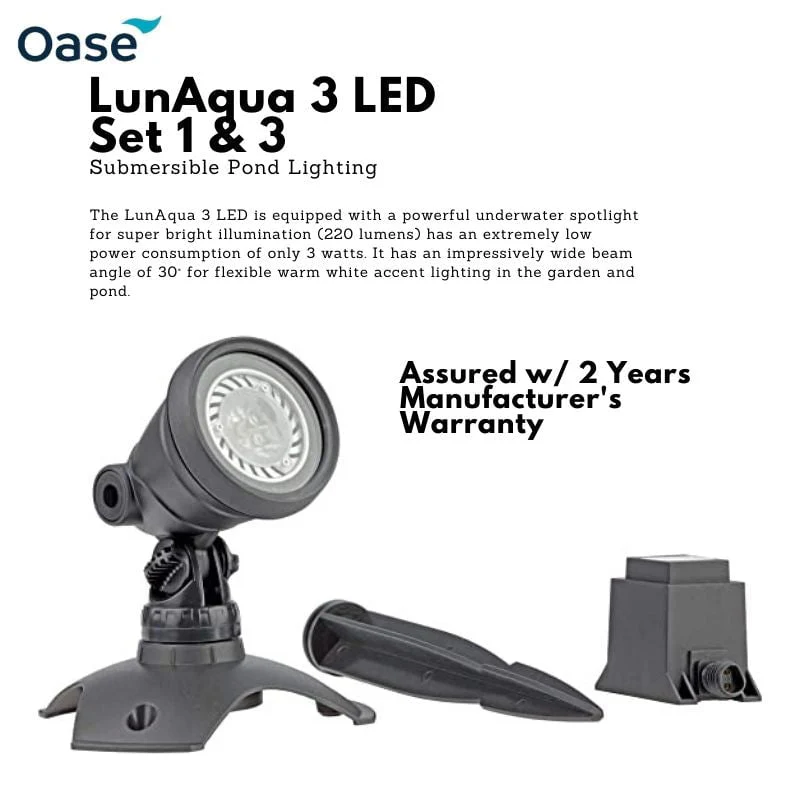
1751982073578.jpeg)
1751981936795.jpeg)

1742464372580.jpeg)




